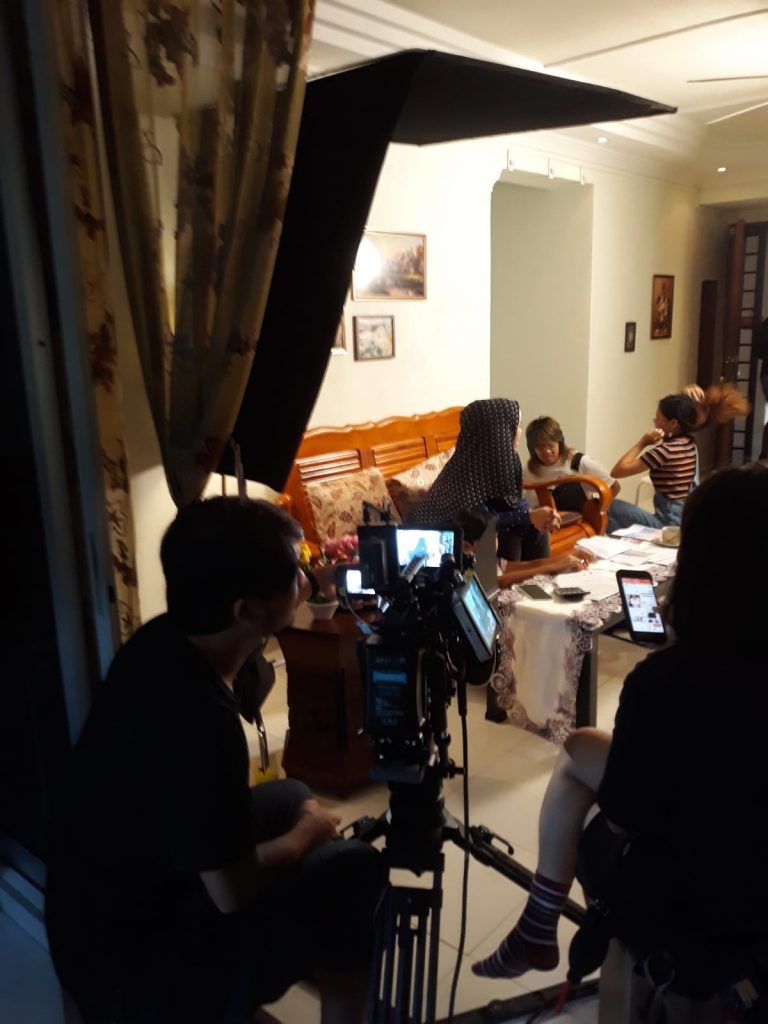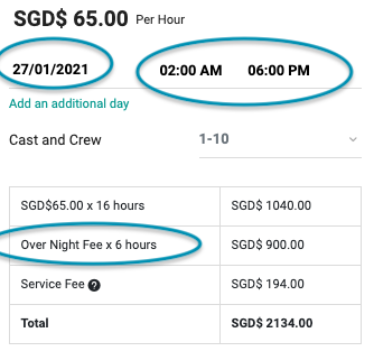Filmmaking is dynamic and exciting. If you have been on set before, you can see how art comes together cohesively. Or if you are lucky, you may meet meet celebrities and stars.
However, the reality is not as glamorous as it might seem. Filmmaking is tedious and tough, requiring consistent communication and coordination. There are a million moving parts and last minute changes. When you are the owner of the location, it becomes evident how all these can cause damages, headaches and ultimately, mistrust.
Here are 3 common problems faced by house owners when they deal directly with film companies.
- 1. Overuse of Space
- 2. Overrunning the agreed time
- 3. Payment Issues
Overuse of Space
Naturally, there are rooms or areas in your home that are off-limits. Maybe it is a storeroom, a guest room or a child’s room. It is understandable if you do not want filmmakers in your master room and communicate to them clearly on this.
However, there are times when even professional film companies overstep their boundaries in light of budget, time and resources. Whether intentional or not, hosts will have to decide if they want to confront the filmmaker on that. If they decide to, hosts will normally ask for extra payment that is not agreed on prior to shooting. And if they want to find a reference price, hosts and filmmakers will need to search their text or emails to fish it out accordingly.
Overrunning the Agreed Time
Overrun of shoot time is even more frustrating and tricky to handle. Space can be controlled, and there are clear boundaries, but time rolls on mercilessly and a thousand factors come into play. Often it could be a crucial cast member who came late. Traffic issues, weather issues, food poisoning on set etc. The list goes on. Some filmmakers are willing to pay the extra overtime. But a handful will try and negotiate their way out of it. There is no right or wrong answer, as it will depend entirely on you as the host: how comfortable are you in letting overrun happen?
Sometimes, filmmakers oblige and pay an extra sum on the spot. Yet there are a few, who will agree on the spot, but end up not paying you eventually.
One solution around this is to keep black and white copies of your communication with the filmmaker. Make sure you have screenshots, a chain of emails and text messages to trace back to as proof of the boundaries you set as a host. It is also important to standardise the limits and house rules like costs, overnight surcharge and out of bound areas. Changing these can cause confusion especially when there are multiple bookings. One production crew may be given a wrong deal and disputes may arise.
Filmplace’s built-in booking and chat system enable hosts and filmmakers agree to all details before a shoot begins. That includes all fees, out of bound areas, date and time, and even a location release form, all within a one-stop platform that allows easier check-out.
What's more, the new host dashboard enables hosts to get a quick overview of all time, date and upcoming shoot. Allowing them to manage them easily at the touch of a button.

The New Host Dashboard.
Payment Issues
Some production companies require an invoice from the host detailing the agreement, price and payment terms before they make payment. Not exactly a fun experience for those who hate paperwork or just the constant hassle of updating invoices, exporting in PDF and emailing over to filmmakers. Sometimes, changes in schedules require hosts to redo and send invoices with new details as production develops.
Once principal photography is finished, filmmakers are obligated to make payment. If you are lucky as a host, you may receive a cheque or cash right after filming is done. But in some cases, film companies take anywhere from a few weeks to over a month to make payment. The common complaint that freelancers have in the film industry is that payment takes an awfully long time; possibly up to 90 days or more!
The solution is to ensure you have a template invoice, recording all the relevant terms and conditions. Set and agree to a payment term before location scout happens and you will not face any surprises on the dollar. If you feel that filmmakers might delay payment, make sure you have at least 2 contacts from the film company in order to chase payment in the weeks after wrap. There are also a handful of filmmakers who disappear after principal photography, making absolutely no payment whatsoever.
Hosts who decide to use Filmplace are protected as it requires filmmakers to make payment first before any booking is confirmed. Once principal photography wraps, payout will be done within 7 days (1 day for ProHost). This also relieves homeowners from the need of invoice creation, as Filmplace creates an automatic documentation for both parties to refer back to. The location release instantly details the rights that both parties have to agree to in order to commence filming.

Join us again next week for part 2, where we go in-depth to learn how to deal with damages found after film production!



















